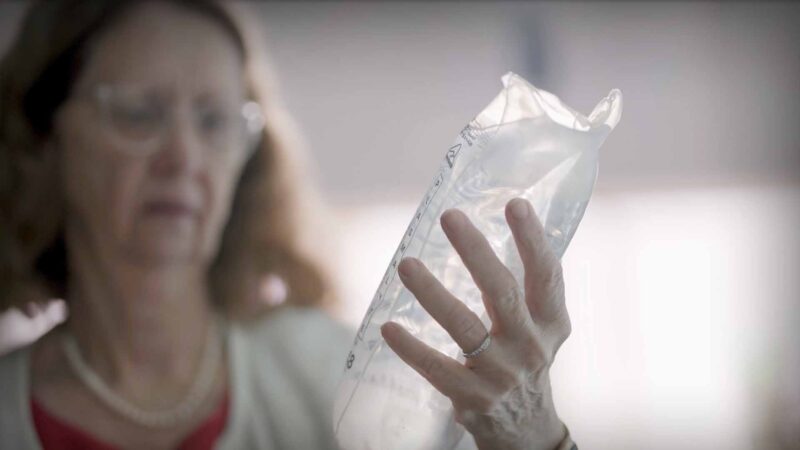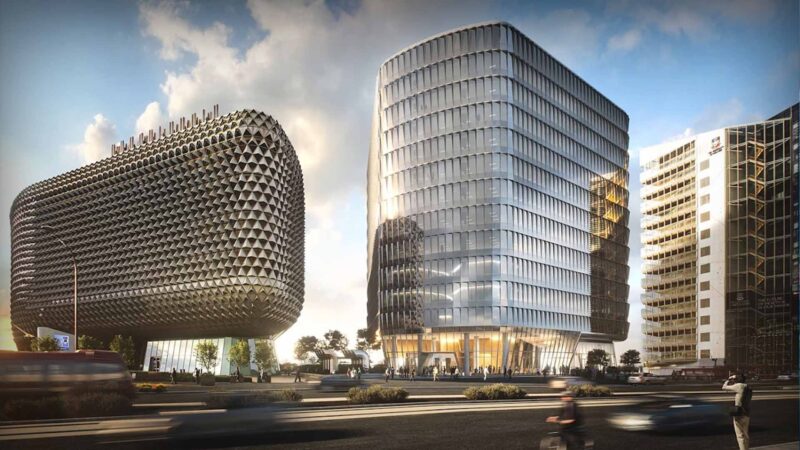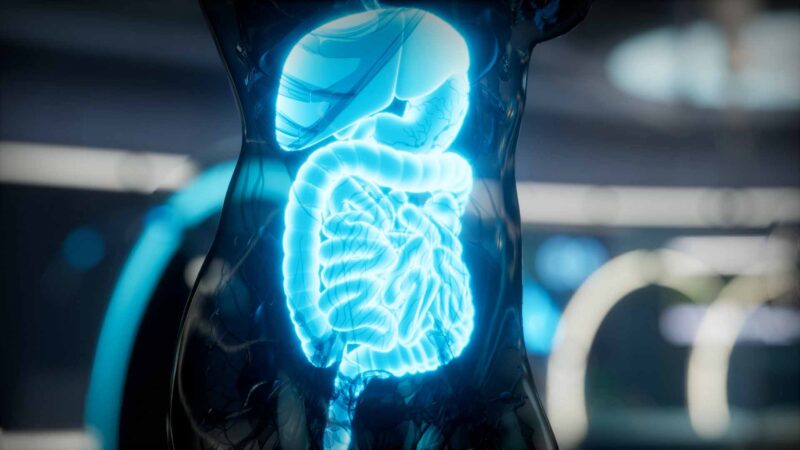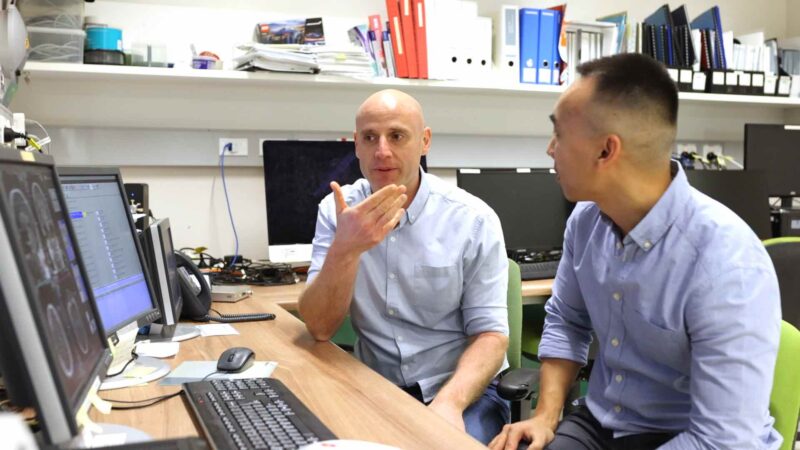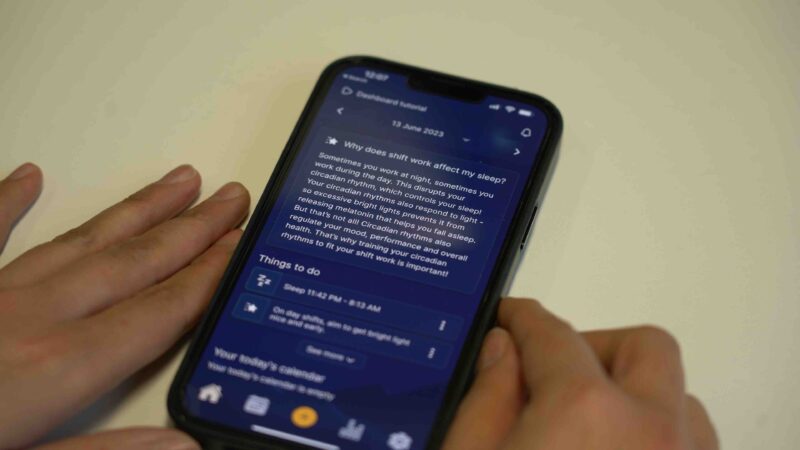Seeking discoveries in earlier bowel cancer detection
Associate Professor Susan Woods is a cancer research focused on eradicating bowel cancer through earlier detection and investigating the DNA related from colorectal cancer cells. She leads the Gut Cancer Research Group at the University of Adelaide and SAHMRI and with her team is researching new treatments for advanced disease.


